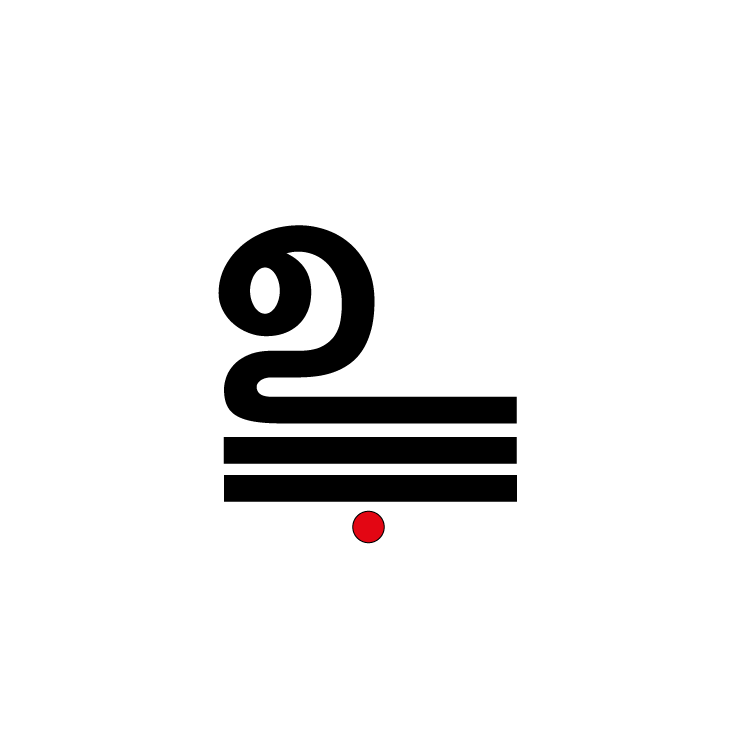Last updated on: 23rd July 2019
I came to the idea to write this article, after my daughter Dhivyah1 Aatharsha2 told me that she has to hold, she is currently (October 2018) in the seventh grade of the Mark-Grafen-Gymnasium in Karlsruhe and the namesake of my two web presences, a presentation about informatics3 (computer science) end of this school year. I acquired the domain Dhivyah.Com shortly after her birth on 10.04.2007. In the package I've purchased, I can create up to 500 sub-domains at any time through the admin-console. However, since the storage contingent is limited, this makes no sense for this number of sub-domains. Currently I have just created one sub-domain GG-Art18.Dhivyah.Com.
Now to the actual topic:
The term informatics (another name is computer science) is a concatenation or fusion of parts of the two words, namely information and mathematics → informatics. This indicates that informatics deals with the processing of information by formal languages such as mathematics or similar language concepts. In informatics, it is always about processing of information, regardless of what information is concerned. The subject of informatics should not be confused with the writing of the code, i.e. with programming. Programming is only an auxiliary construct of informatics, i.e. only a tool. The Software-Engineering is a specialization of informatics, which deals specifically with this auxiliary construct. One can also compare modern informatics, which in the general public is understood as a union of software and hardware, with the human body and mind. The human body, so the brain - on the abstract level these are the connections of the synapses, reflects the hardware of a computer and the software is the mind, so the intellect and the rationality. This model, which I explain here figuratively, also finds its use in informatics and is called neural networks, which makes use of specially designed artificial intelligence. For the study of informatics and of course for the understanding both parts are indispensable. Mathematics is the fundament of informatics and should never be neglected, even in other disciplines. Artificially misusing mathematics as a weapon of filtering, above all this finds its use in university teachings, is counterproductive. The playful approach to such disciplines makes didactically sense.
For the upper level classes (grade 10 and higher) would be mathematical programming environments such as GNU Ocatave or FreeMat very helpful.
For the lower level (grade 5 to 8), there are many online programming environments, so that one can playfully come into contact with the programming concept.
- scratch.mit.edu
- This game "The Lost Time (GFS v3) with Level selection" was created by my daughter Dhivyah for the school project (GFS) (07.07.2019).
- start-coding.de
Footnote
1 The name Dhivyah comes from the Tamil term Dhivyam (திவ்யம்) and not from Sanskrit, as it may be supposed, which means holy or the saint. My sister has chosen this name for her and her middle name Aatharsha has chosen her mother for her. That's how I tried to strike a balance.
2 One of the meanings of the name Aatharsha is: The one who trusts in God.
3 Thanks to my math teacher, I came into contact with computer science as a subject from very early on. This was with me in the eighth grade, if I remember correctly. My first programming language was COMAL.

